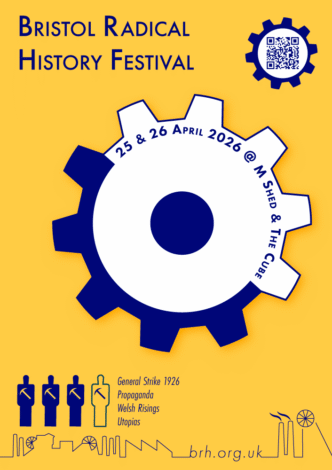Putting Welsh history on TV
This talk with video extracts, will look at attempts to turn the complexities of Welsh history into accessible television. It will include clips from Horrible Histories, Huw Edwards’s The Story of Wales and the ground-breaking and much-loved series, The Dragon Has Two Tongues in which Wynford Vaughan Thomas and Professor Gwyn Alf Williams offered two very different versions of Welsh history. The latter series, produced and directed by Colin Thomas in 1985, was recently described by […]


